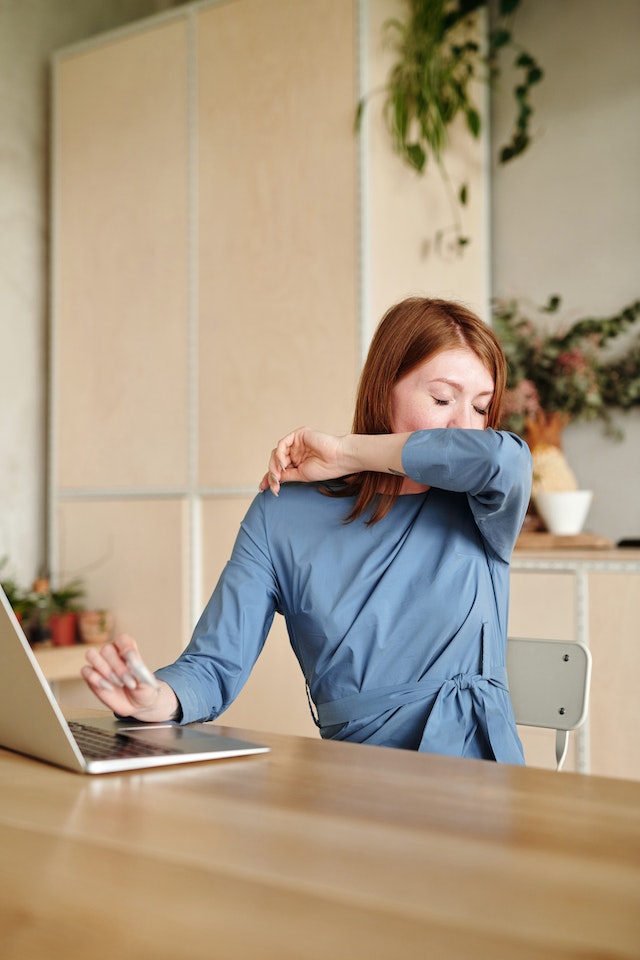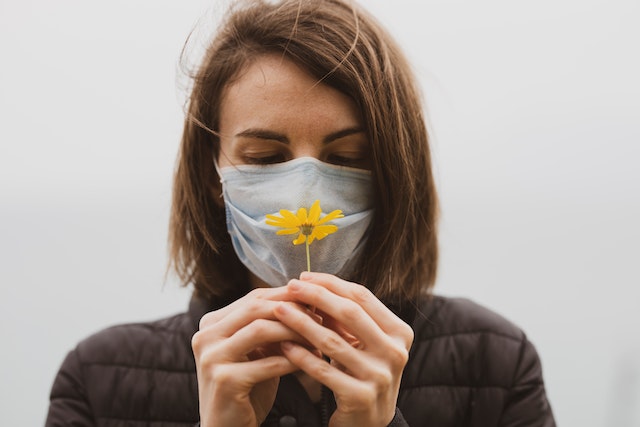Category Archives: Hay Fever
Hay Fever: Symptoms, Treatment, and Prevention
 Hay fever, also known as allergic rhinitis, is a common condition that affects millions of people worldwide. It is caused by allergens such as pollen, dust mites, and animal dander. When these allergens enter the body, the immune system overreacts, causing a range of symptoms.
Hay fever, also known as allergic rhinitis, is a common condition that affects millions of people worldwide. It is caused by allergens such as pollen, dust mites, and animal dander. When these allergens enter the body, the immune system overreacts, causing a range of symptoms.
If you’re experiencing symptoms of this type of allergic reaction, it’s important to seek treatment from an allergist like Boyan Hadjiev MD, located in New York City. In this blog post, we’ll explore the symptoms, treatment options, and prevention methods for “hay fever”.
Symptoms of Hay Fever
Symptoms can vary from person to person, but they typically include:
- Runny or stuffy nose
- Sneezing
- Watery or itchy eyes
- Itchy throat, mouth, or ears
- Ear congestion
- Headache
- Fatigue
- Difficulty sleeping
Treatment Options for Hay Fever
There are several treatment options available for hay fever, including:
Antihistamines
These medications block the effects of histamine, a chemical that is released during an allergic reaction. Antihistamines can help relieve symptoms such as sneezing, itching, and runny nose.
Nasal corticosteroids
These medications reduce inflammation in the nasal passages and can help relieve symptoms such as congestion, runny nose, and sneezing.
Decongestants
These medications can help relieve nasal congestion by narrowing the blood vessels in the nasal passages.
Immunotherapy
Also known as allergy shots, immunotherapy can help desensitize the immune system to allergens over time. This can reduce the severity of allergy symptoms.
Prevention Methods for Hay Fever
Prevention methods for hay fever include:
Avoiding allergens
Try to avoid exposure to pollen, dust mites, and animal dander as much as possible. Stay indoors on days with high pollen counts and use air conditioning to filter out allergens.
Keep your home clean
Regularly vacuum and dust your home to reduce the amount of allergens in the air.
Wear a mask
If you need to do outdoor activities such as gardening, wear a mask to reduce your exposure to allergens.

Take medications as prescribed
If you have hay fever, it’s important to take your medications as prescribed by your allergist.
Allergy Treatment from Top NYC Allergist Boyan Hadjiev MD
If you’re experiencing hay fever symptoms, it’s important to seek medical attention from an allergist like Boyan Hadjiev MD. Dr. Hadjiev can perform allergy testing to determine what allergens are causing your symptoms and develop a treatment plan tailored to your individual needs.
Don’t let allergies control your life – seek treatment from Dr. Sneeze today!
Contact Dr. Sneeze
Boyan Hadjiev MD also known as “Dr. Sneeze”
30 East 40th Street, Suite 1200
New York, NY 10016
212-319-5282
Hay Fever aka Allergic Rhinitis
What is Allergic Rhinitis?
Everyone is familiar with hay fever, but if you mention allergic rhinitis, most people will draw a blank. Allergic rhinitis is actually the scientific name for hay fever and is an allergic reaction that causes inflammation in the nasal passages. While it can be inconvenient, it can be treated, and the symptoms can be alleviated by taking the right steps. Let’s look at what allergic rhinitis is, how it can be identified and what can be done about it.
What is Allergic Rhinitis?
Allergic rhinitis is simply an allergic reaction that occurs when you enter into contact with certain allergens. Your immune system will often overreact to the allergen, leading to nose inflammation. While it’s named hay fever, the main culprit is usually pollen and symptoms are usually more prevalent during seasonal changes. It has been estimated that between 10% and 30% of people worldwide and 8% of US adults have suffered from allergic rhinitis at some point.
What are the Symptoms of Allergic Rhinitis?
Some of the symptoms of allergic rhinitis may include sneezing, a stuffy, itchy or runny nose, excessive coughing, itchy or watery eyes, sore throat, frequent headaches, dark circles or excessive fatigue, hives and extremely itchy or scratchy skin that can weep and blister.
Most of these symptoms will manifest themselves once you enter in contact with the allergen. In some cases, symptoms like fatigue or headaches will only manifest themselves after prolonged and continuous exposition. And even though it is often referred to as hay fever, fever isn’t actually a symptom.
Is There a Treatment for Allergic Rhinitis?
There are tons of different ways that you can treat allergic rhinitis. These can range from OTC and prescribed medication, to home remedies and alternative treatment.
Antihistamines will often be the first form of treatment that will be recommended to treat the symptoms of allergic rhinitis. They block histamine production, and since histamines are responsible for most of the symptoms, you’ll stop experiencing them soon after. Some examples of popular over the counter antihistamines include Benadryl, Claritin or Allegra.
Decongestants can also be used to treat symptoms, but only for a short period. They can help you relieve sinus pressure and a stuffy nose. However, you shouldn’t take them for too long or your symptoms could actually aggravate over time. Some examples of OTC decongestants include Sudafed, Zyrtec-D or Afrin.
In severe cases, your doctor might prescribe allergy shots as well. They will help diminish your symptoms over time. However, you have to be aware that you’ll need to be dedicated long term to the treatment for it to work.
If you feel like you’re suffering from allergic rhinitis or thinking of using medication, it’s always better to talk with a doctor first so that they can make recommendations. Call us at 212-319-5282 or Email us today to schedule an appointment with the best allergy specialist in New York City.
Serving all of New York City and the Tri State Area including Zip Codes: Top Allergist NYC Midtown, Chelsea and Clinton: 10001, 10011, 10018, 10019, 10020, 10036 | Gramercy Park and Murray Hill: 10010, 10016, 10017, 10022 | Greenwich Village and Soho: 10012, 10013, 10014 | Lower Manhattan: 10004, 10005, 10006, 10007, 10038, 10280 | Lower East Side: 10002, 10003, 10009 | Upper East Side: 10021, 10028, 10044, 10128 | Upper West Side: 10023, 10024, 10025
